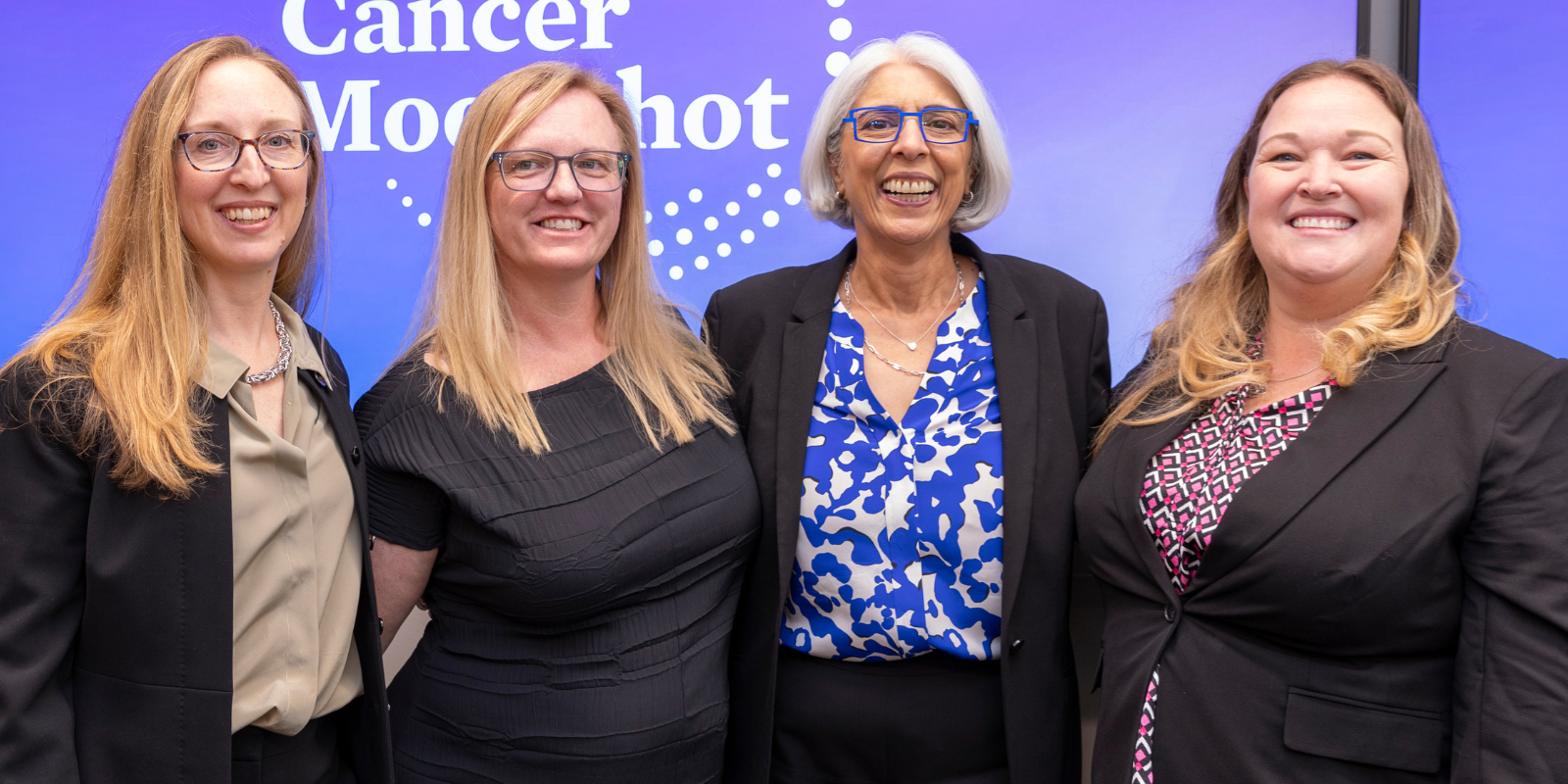Despite decades of progress in education, detection, and treatment, breast cancer remains an ominous threat, both here and abroad. Breast cancer is the number-one cancer diagnosed in women worldwide and in the United States.
University of Colorado Cancer Center member and breast cancer researcher Virginia F. Borges, MD, MMSc, leads the CU Cancer Center’s Young Women’s Breast Cancer Translational Program, a research team focused on why breast cancer in younger women and in the first five to 10 years after pregnancy often is more aggressive than other breast cancers.
Here, Borges, the Robert F. and Patricia Young Connor Endowed Chair in Young Women's Breast Cancer Research, offers tips for lowering your breast cancer risk.
Know Your Heritage
Women need to understand what has happened to the people in their family on both sides of their parental lineage. Get the most information you can in terms of who has had cancer, what type of
cancer, and what ages it came on. Not just breast cancer, but ovarian cancer, colon cancer, or less common cancers. Then talk to your primary care provider to see if you should see someone about
potentially having a higher-than-average cancer risk, start screening earlier, or get genetic testing.
Get Some Exercise
Women should get at least three to four hours of exercise a week, preferably more. Walking or running are good places to start.
Limit Your Drinking
Alcohol has been linked to developing many types of cancer, including breast cancer.
Know Your Density
There are gradations of density of breast tissue, which is indicated on mammogram reports. Women with markedly dense or extremely dense breast tissue should talk to their primary care
providers about whether they should be doing a higher level of screening beyond a mammogram.
Eat Healthy
To lower your risk of breast cancer, doctors recommend the Mediterranean diet, a simple, common-sense diet based on a rainbow of fruits and vegetables, lean protein, and healthy fats.
Start Your Screening
Women at average breast cancer risk should start getting screening mammograms at the age of 40 and do them every year. Mammograms need to be compared to each other, so it’s important to go to
the same place for screening every year if you can.



